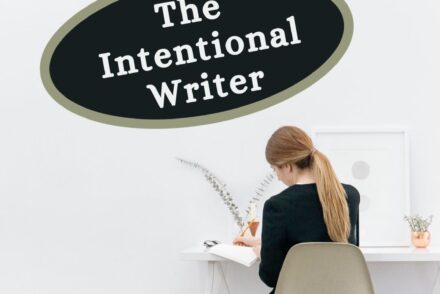What? How can I be more productive if I work less?
It may not make sense, but it’s true. Studies show that taking intentional breaks will make you more productive and will lead to better overall success than pushing through the doldrums. For example: Studies have shown that those who take a lunch break and fully disconnect with their work are more productive afterward than those who don’t.
Why? Because those who power through, hour after hour, thinking they are operating just fine are actually working in a state of mental exhaustion. Without breaks they become prone to an increase in bad judgment and a decrease in creativity and quality of work.
Taking effective breaks is one of the best methods to give your brain a rest so it can function at optimum form.
However, not all breaks are equal.
Effective breaks are intentional. You should be in control of when and how you take them.
They are not random “Squirrel!” moments where you lose focus due to distractions. They are not excuses to check social media or to eat that donut you ignored earlier. Effective breaks are designed to give your weary brain a rest, but not to sidetrack you into starting a whole new priject.
How to take effective short breaks
- Aim for breaks of fifteen minutes or less.
- Get away from the desk or work space.
- Allow your brain to think about something other than work. Resist the temptation to problem-solve that scene during break time. The goal is to fully disconnect with work and give you brain a chance to relax and regroup.
- Stand up and move. Get the blood flowing and stretch out those places where you store tension.
- If you can go outside, great. If not, seek out a window with a view or even a shelf of plants.
- When possible, connect with fellow humans and talk about something other than work.
- Go tech-free. Checking email, social media, or other tech distractions will not provide the best break for your brain.
- You may need to set a timer so you don’t dally too long before getting back to work.
In addition, be aware of your daily slump time.
All humans experience a midday slump in energy and alertness. This is true across ages and cultures, from publishing executives to would-be writers.
My slump usually hits midafternoon. During my slump my brain feels sluggish and I have less energy, less motivation, and less self-control. Slogging on without taking a break results in little worthwhile output. I have come to terms with my slump time and have adjusted my expectations and schedule to accommodate it.
For me, short breaks are even more vital during midafternoon. Instead of beating myself up over my sluggishness I listen to my body and take frequent short breaks.
In addition, I suggest scheduling appointments and important decisions in the morning when you and others typically function at their best. Reserve midday for more mundane tasks that don’t require high-level thinking.
Have you discovered the power of short breaks? What strategies help you make the most of your breaks?
Lisa E. Betz believes that everyone has a story to tell the world. She loves to encourage fellow writers to be intentional about their craft and courageous in sharing their words with others. Lisa shares her words through dramas, Bible studies, historical mysteries, and her blog about intentional living. You can find her on Facebook LisaEBetzWriter and Twitter @LisaEBetz






1 Comment
Thanks for the advice. I take breaks from my writing to do house work. Or I take breaks from house work to do writing.